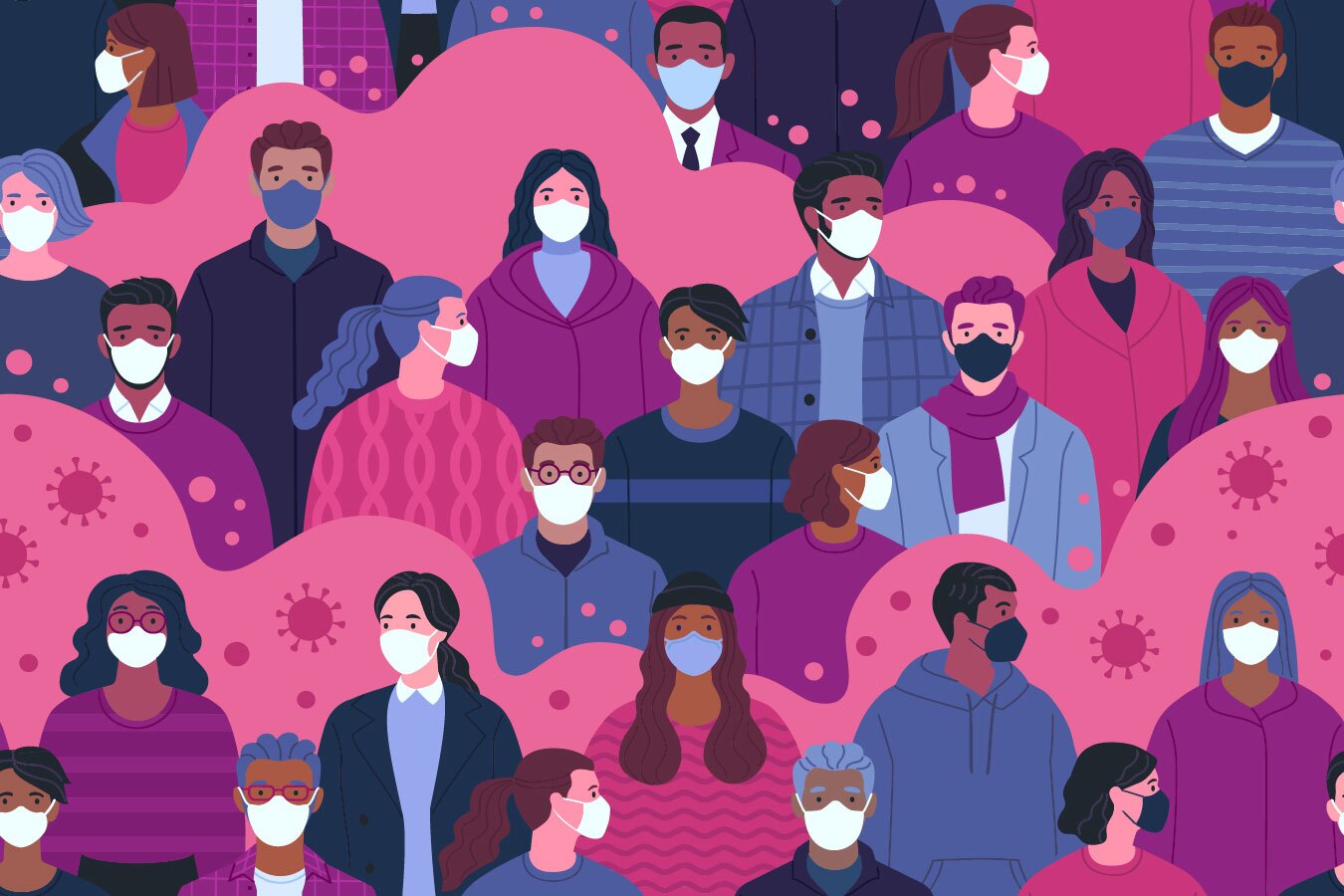
Researchers at Seattle’s Institute for Systems Biology and their collaborators looked at the electronic health records of nearly 630,000 patients who were tested for SARS-CoV-2, and found stark disparities in COVID-19 outcomes — odds of infection, hospitalization, and in-hospital mortality — between White and non-White minority racial and ethnic groups. The work was published in the journal Clinical Infectious Diseases.
The team looked at sociodemographic and clinical characteristics of patients who were part of the Providence healthcare system in Washington, Oregon and California. These patients had SARS-CoV-2 tests administered between March 1 and December 31 of 2020.
Of the more than 570,000 patients with known race/ethnicity that were tested:
- 27.8 percent were non-White minorities?
- Nearly 55,000 patients tested positive, with minorities representing 50.1 percent?
- Hispanics represented 34 percent of infections, but only 13 percent of tests?
- More than 8,500 patients were hospitalized and 1,246 died, with non-White groups representing 56.1 percent and 54.4 percent, respectively.?
The study’s findings of racial and ethnic distributions of outcomes across the health system tracked with state-level statistics.
“All minority races/ethnicities faced increased odds of testing positive for SARS-CoV-2 and being hospitalized with COVID-19,” said Chengzhen Dai, lead author of the study. “Hispanic patients also exhibited increased morbidity, and Hispanic race/ethnicity was associated with increased odds of in-hospital mortality.”
Hispanics were generally younger than White patients and had higher rates of diabetes, but fewer other comorbidities. “The data show major outcome disparities especially among Hispanics, who tested positive at a higher rate, required excess hospitalization and mechanical ventilation, and had higher odds of in-hospital mortality despite younger age, suggesting Hispanic patients are arriving at the hospital with more advanced COVID-19,” said Dr. Andrew Magis, corresponding author on the paper and Director of Data Science for ISB’s Health Data Science Lab.
ISB, an affiliate of Providence, collaborated with the healthcare system to access and analyze the anonymized electronic health records of the large cohort.
“This project demonstrates the power of analyzing hundreds of thousands of healthcare records and is a great example of the ongoing multidisciplinary collaboration between ISB and Providence,” said ISB Assistant Professor Dr. Jennifer Hadlock, senior author on the paper.

